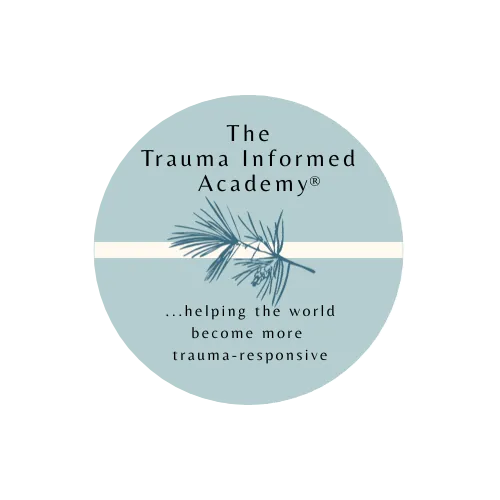

Artificial Intelligence and healthcare? This could be scary…
Artificial Intelligence. It's a powerful tool. And yet, for all of its benefits in terms of being able to act as if it's speeding up our thinking and our productivity, there are some challenges that we all need to think about.
Think about education and healthcare. Obviously, AI is driven by the words, language, syntax and conceptualizations used in creating the algorithms based on which it runs.
Here's the challenge we face in mental health care, for example, in terms of helping people resolve issues related to trauma.
The mental health care model by which we all live is a medical model—disease and pathology based, with symptoms managed by medication.
Trauma-informed care is not based in the medical model, and in a good number of places, it’s required by law. But the health insurance companies only have billing codes based on the medical more.
So if we are—as new and policy makers have us believe—adopting trauma-informed care, and if SAMHSA and other legislating bodies say that we should practice trauma informed care, how do we create AI that reflects trauma-informed thinking?
We’d best be ensuring that people who are deep in the field of social determinants of health and all things trauma informed are influencing AI.
It’s kind of like the old “GIGO” – garbage in, garbage out—acronym. “TIITIO” –trauma informed in, trauma informed out. We need to see the strong influence of the social determinants of health in AI.



Email our Admin:
©Copyright 2025 EPower & Associates, Inc. All Rights Reserved.
Privacy Policy | Terms of Use
Featured On...


